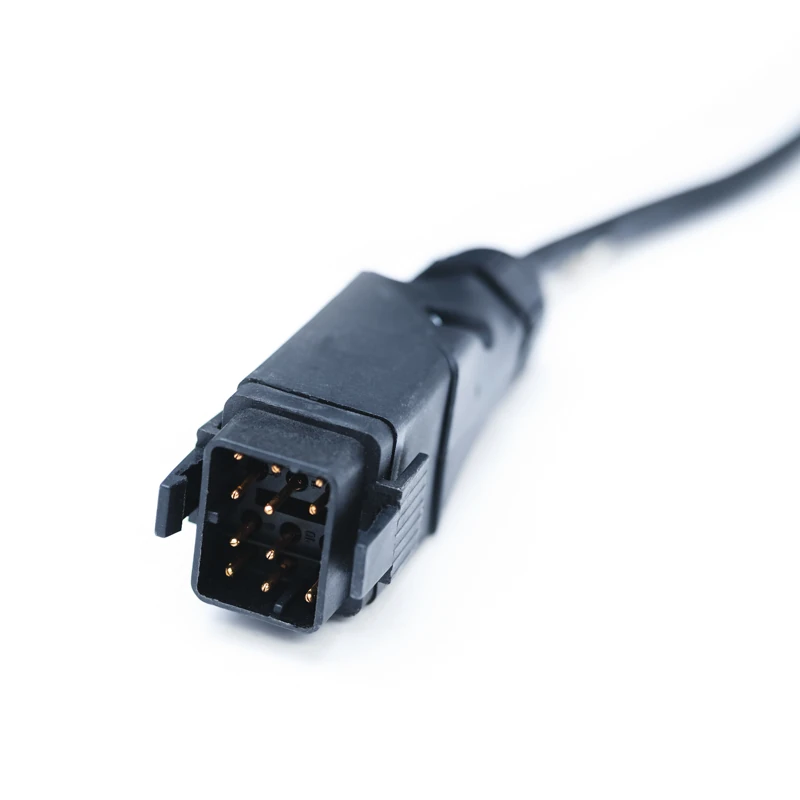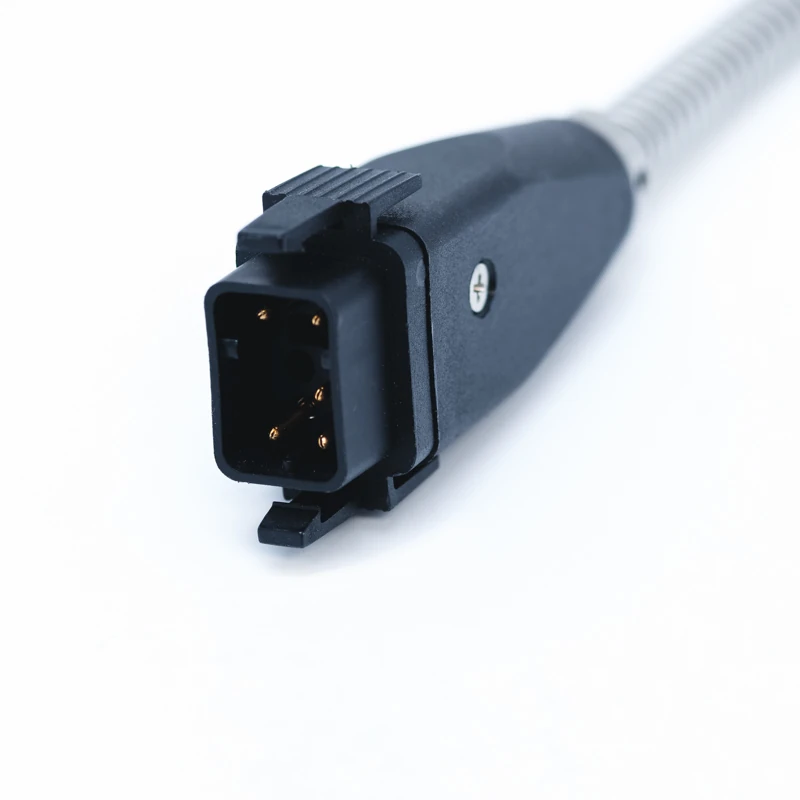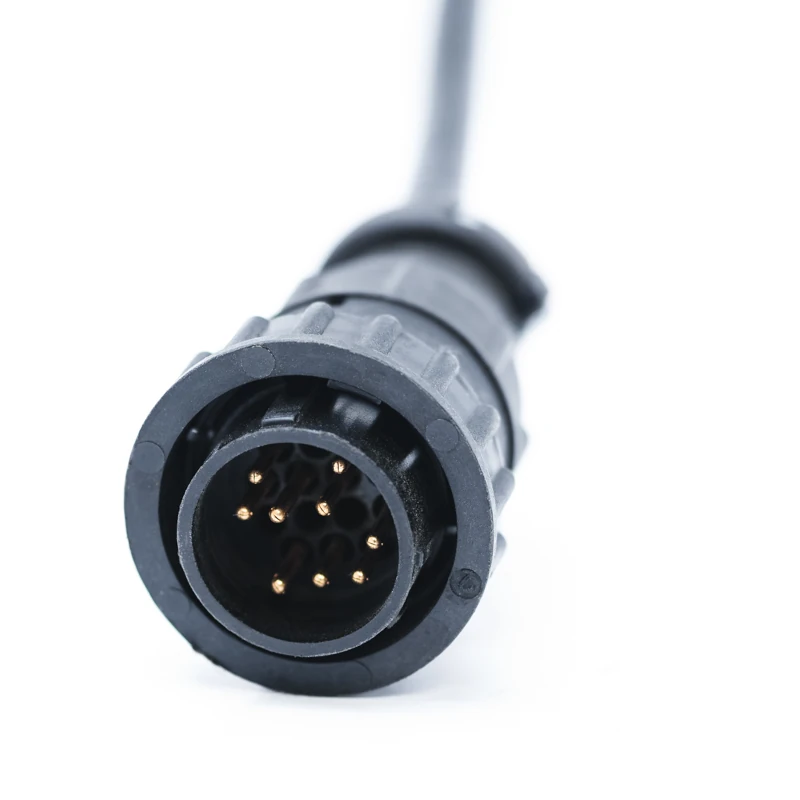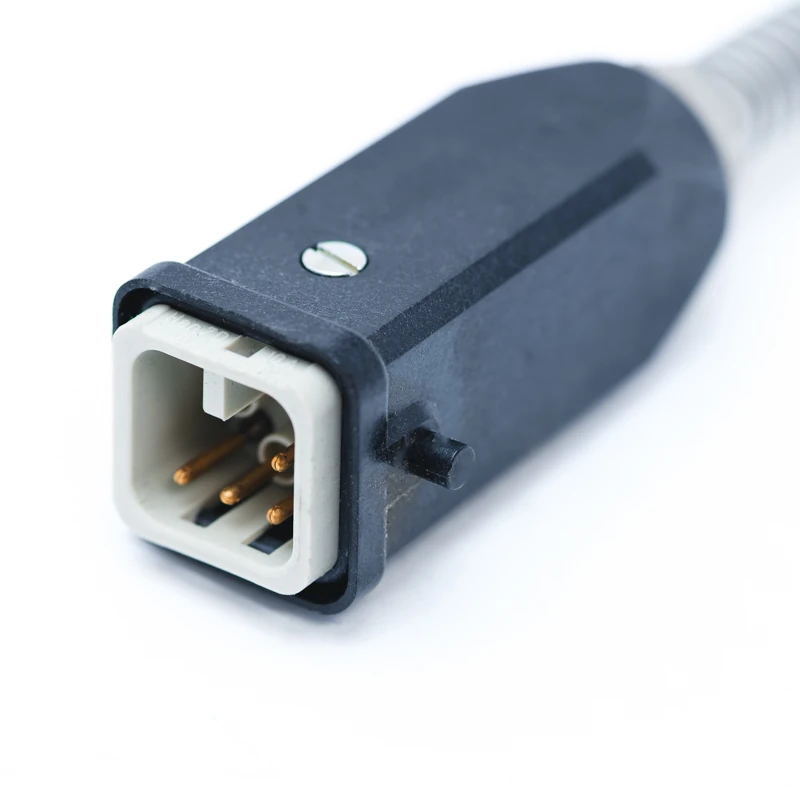PT100 & Ni120 – The precision of temperature control

Resistors play a crucial role in the world of electronics and measurement technology. They enable precise measurement and are indispensable for the temperature control of our application devices.
RTD sensors
Resistors play a crucial role in the world of electronics and measurement technology. They enable precise measurement and are indispensable for the temperature control of our application devices.
RTD sensors
RTD is an abbreviation for „Resistance Temperature Detector“, which is a temperature sensor, the resistance of which depends on the temperature:
If the temperature changes – the resistance changes.
When the measuring current flows through the temperature sensor, it warms slightly. This phenomenon is known as self-heating. The higher the measuring current and the longer it flows, the more the sensor heats up. These sensors are usually made of platinum, copper or nickel.
PT100: The platinum resistor
PT100 sensors are temperature sensors based on the change in resistance of platinum under the influence of temperature. The designation is made up of the material (Pt) together with its nominal resistance R0 at a temperature of 0 °C. PT100 (R0= 100 Ω). Platinum is the most commonly used material for RTD sensors.
More about PT100 in in our glossary
Ni120: The nickel resistor
Ni120 are nickel-based components for measuring temperature. The resistance changes depending on the temperature. At 0°C the resistance is 120 ohms. Ni120 temperature sensors are very widespread in the American market.
The choice between Ni120 and PT100 depends on the specific requirements of your hot-melt adhesive applicator and the application. However, both resistors are critical components to ensure that the hot-melt adhesive is applied at the correct temperature, which improves product quality and efficiency.
You can find more about Ni120 in our glossary.
How do I know whether the heated hose or application head has a PT100 or Ni120 temperature sensor?




- Our YouTube channel – knowledge to view - 6. Mai 2025
- Efficient adhesive supply with the granulate conveyor: How to optimise your production: - 15. April 2025
- Blocked hot-melt adhesive granules – causes, effects and solutions - 11. März 2025